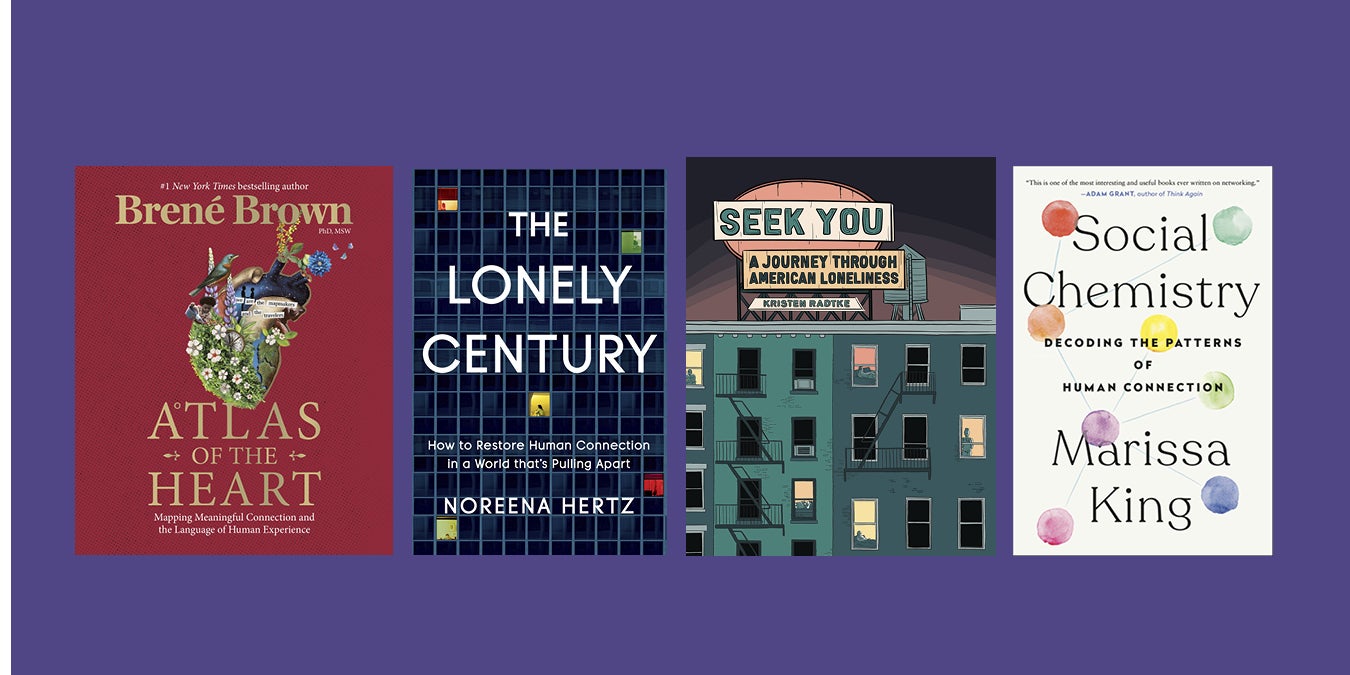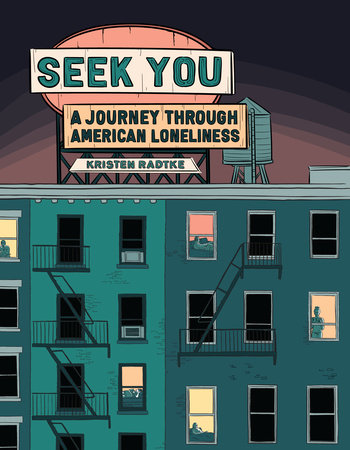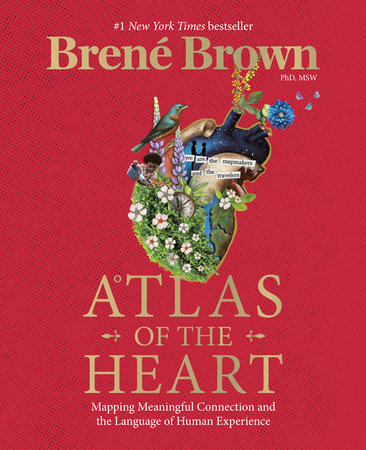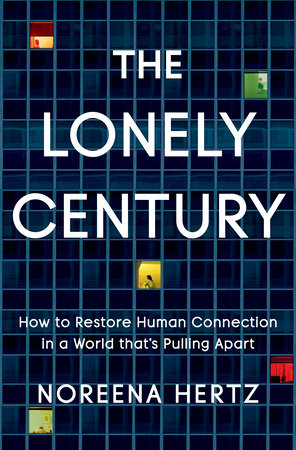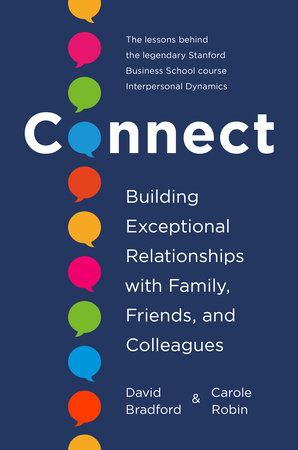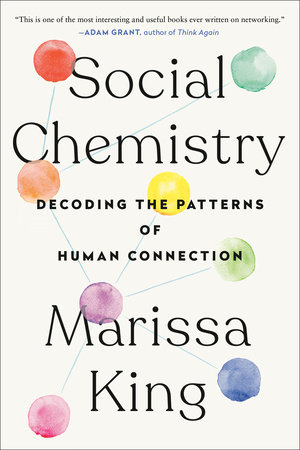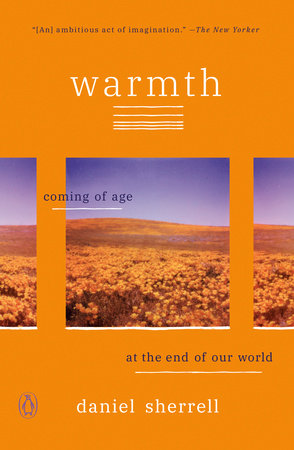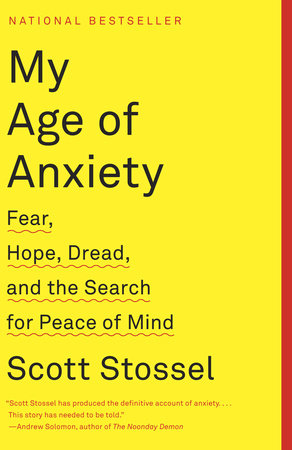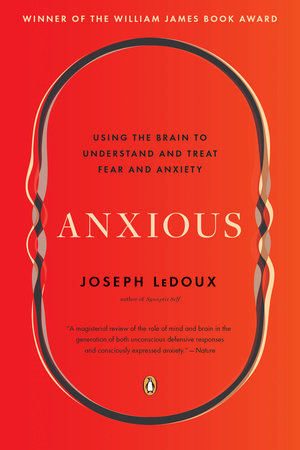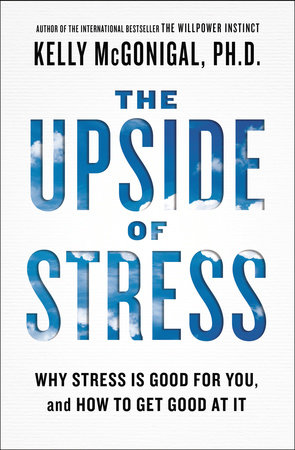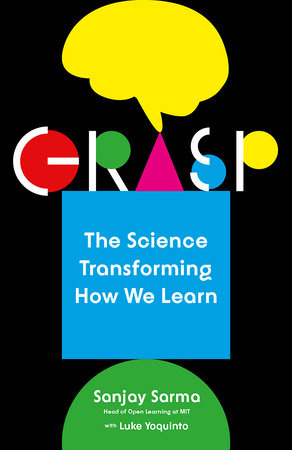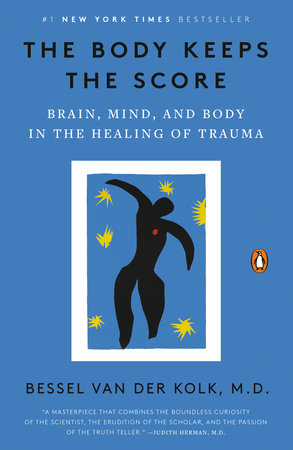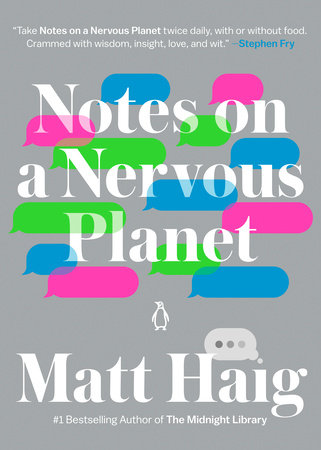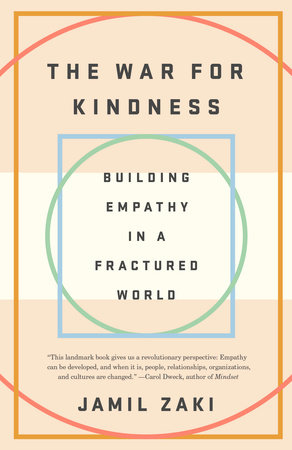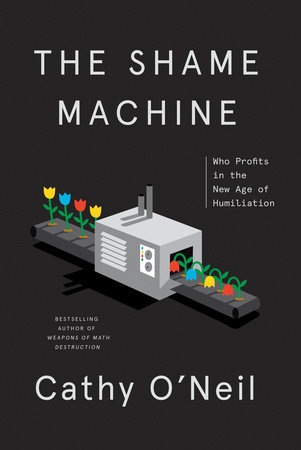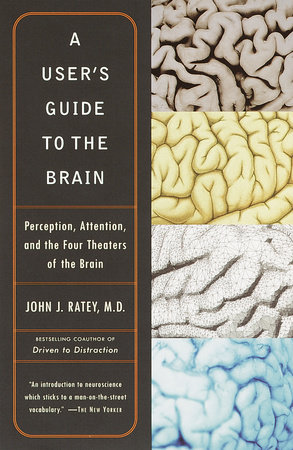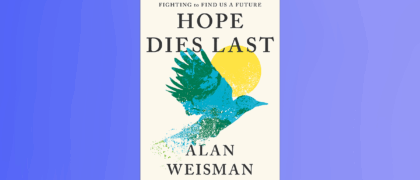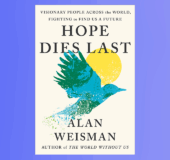While students deal with the normal stress of college, the pandemic has introduced another level of distress and obstacles for them to take on. Senior college administrators have made assisting students in maintaining their mental health their number one priority. University Business recently reported about students from Connecticut College who shared their own experiences of struggling during this unparalleled moment at a session at the AAC&U conference. Students discussed how they were offered supports that helped them personally, centering their conversation around five themes. Included among these themes is how students must understand how learning works and how emotions can impact it. You can read the full article here.
Penguin Random House publishes a number of titles dealing with mental health, emotional wellness, learning, and resiliency which can aid both students and educators dealing with this growing issue.
Shortlisted for the Andrew Carnegie Medal for Excellence in Nonfiction
Finalist for the Kirkus Prize for Non-Fiction
In Seek You, Kristen Radtke discusses a silent epidemic in America: loneliness. She masterfully shines a light on some of our most vulnerable and sublime moments, and asks how we might keep the spaces between us from splitting entirely.
In Atlas of the Heart, Brené Brown maps the necessary skills and an actionable framework for meaningful connection through eighty-seven of the emotions and experiences that define what it means to be human.
In Social Chemistry, Yale professor Marissa King shows how anyone can build more meaningful and productive relationships based on insights from neuroscience, psychology, and network analytics.
Combining a decade of research with firsthand reporting, Noreena Hertz discusses loneliness and offers bold solutions ranging from compassionate AI to innovative models for urban living to new ways of reinvigorating our neighborhoods and reconciling our differences.
Journeying from the labs of pioneering scientists to real-world scenarios that have flirted with disaster, Leonard Mlodinow explores the new science of feelings and offers an essential guide to making the most of one of nature’s greatest gifts.
In a fiercely personal account written from inside the climate movement, Daniel Sherrell lays bare how the climate change crisis is transforming our relationships to time, to hope, and to each other.
Connect is a transformative guide to building more fulfilling relationships with colleagues, friends, partners, and family, based on the landmark Interpersonal Dynamics (“Touchy-Feely”) course at Stanford’s Graduate School of Business.
Distilling more than 20 years of research and hands-on work with thousands of patients, Dr. Judson Brewer gives a step-by-step plan clinically proven to break the cycle of worry and fear that drives anxiety and addictive habits.
Shortlisted for the Wellcome Trust Book Prize
Drawing on his own battle with anxiety, Scott Stossel presents a revelatory account of a condition that affects some 40 million Americans. Stossel offers an intimate and authoritative history of efforts by scientists, philosophers, and writers to understand anxiety.
In this groundbreaking book, Jamil Zaki shares cutting-edge research, including experiments from his own lab, showing that empathy is not a fixed trait but rather a skill that can be strengthened through effort. He also tells the stories of people who embody this new perspective, fighting for kindness in the most difficult of circumstances.
In Anxious, Joseph LeDoux, whose NYU lab has been at the forefront of research efforts to understand and treat fear and anxiety, explains the range of anxiety disorders, their origins, and discoveries that can restore sufferers to normalcy.
Cathy O’Neil explores the machinery behind shame, showing how governments, corporations, and the healthcare system capitalize on it and dissecting the relationship between shame and power.
Drawing from groundbreaking research, psychologist and award-winning teacher Kelly McGonigal, PhD, offers a surprising new view of stress, showing how to cultivate a mindset that embraces stress, and activate the brain’s natural ability to learn from challenging experiences.
Based on Dr. van der Kolk’s own research and that of other leading specialists, The Body Keeps the Score exposes the tremendous power of our relationships both to hurt and to heal—and offers new hope for reclaiming lives.
Grasp explores the history of modern education, tracing the way in which traditional classroom methods became the norm and equips readers with practical tools for absorbing and retaining information across a lifetime of learning.
Notes on a Nervous Planet collects Matt Haig’s observations that examine everything from broader phenomena like inequality, social media, and the news; to things closer to our daily lives, like how we sleep, how we exercise, and even the distinction we draw between our minds and our bodies.
In A User’s Guide to the Brain, Harvard professor John Ratey not only lucidly explains the intricacies of the brain and its functions, but he also paves the way for a profoundly better understanding of ourselves and our world.

